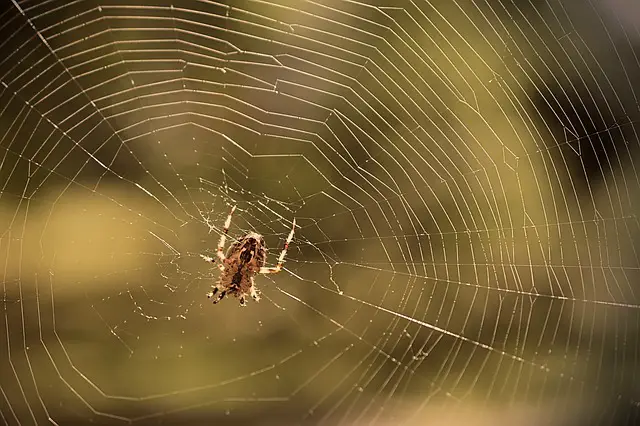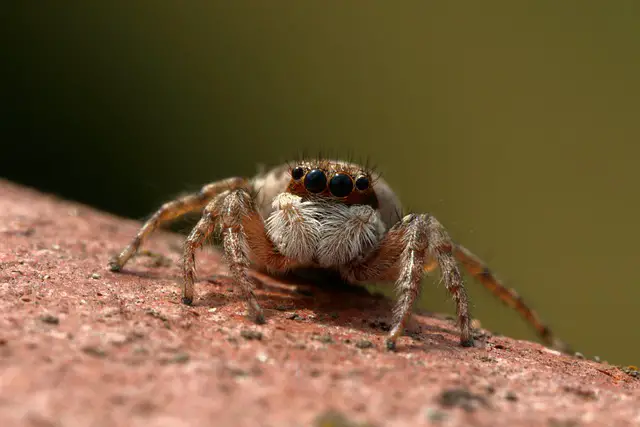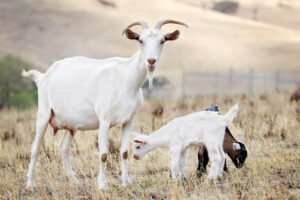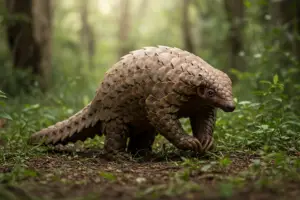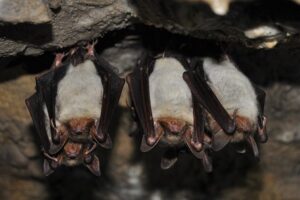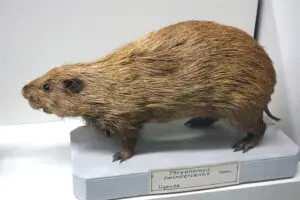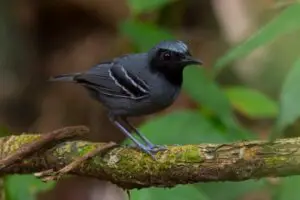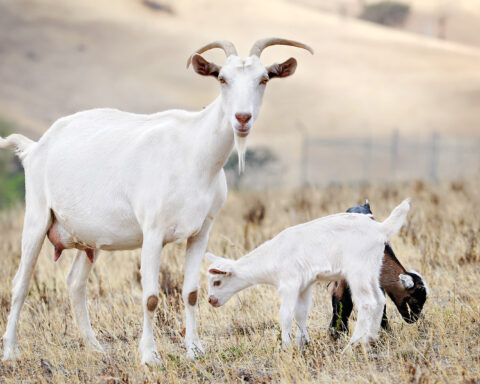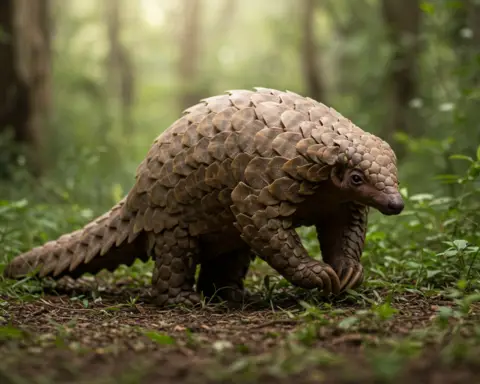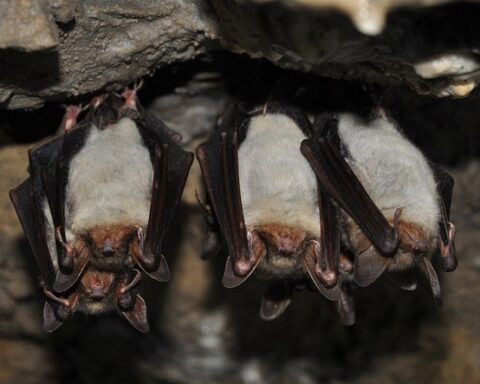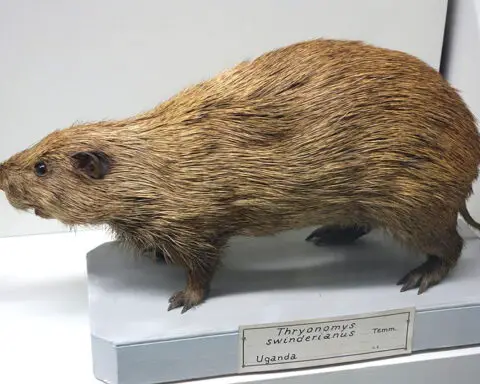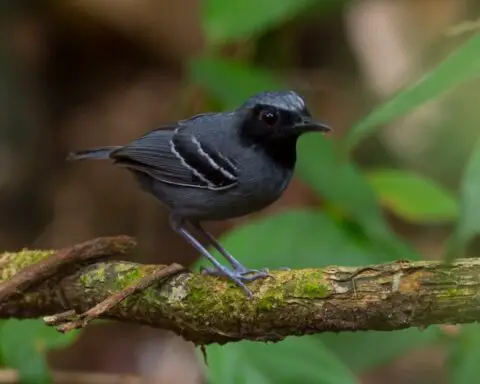Although very little research is available on spider sleep, there are some theories that spiders have a circadian rhythm, which refers to daily periods of activity as well as rest. The activity cycle of each species is different. Some spiders work only at night while others are busy during the day. Spiders hibernate in cold environments, allowing them the ability to stay in suspended animation until it gets warmer. The spiders’ metabolism slows when they are not active.
It all depends on your definition of sleep. All animals have a circadian rhythm, which is a pattern of activity or inactivity that they follow daily. Some are active during the day – diurnal – others are active at night time – nocturnal/crepuscular. Periods of inactivity can be characterized by withdrawal (to a shelter, perhaps) or a drop on the metabolic rate.
This is true for spiders too, but no studies have been done on how much time they spend in this state or when different species do it. The spiders who rely on their vision to capture prey might be more active during daylight hours. Others that rely solely on snares/webs can be active at other times. But this is not the case for all species.
In colder climates, spiders are known to ‘overwinter’. This is when they experience a type of hibernation. Overwintering results in a drop in metabolism, when the spiders fold their legs inwards and are huddled together in a shelter during cold months.
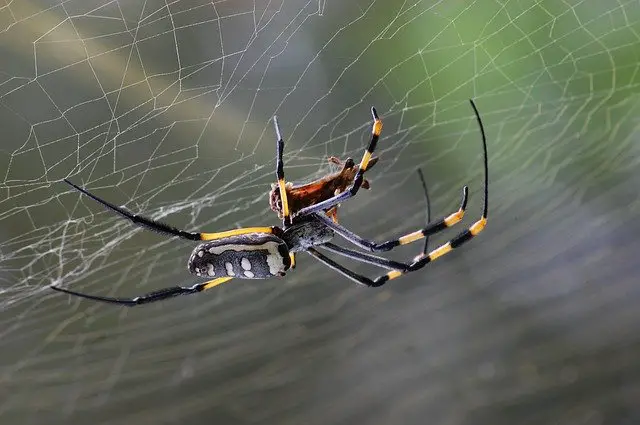 Arachnid Lifestyle
Arachnid Lifestyle
There are thousands upon thousands of species of spiders in the world. According to the University of Wisconsin at Milwaukee Field Station extension website there are 51,000 jumping spider species. Some spiders will set up their webs and trap prey. Trapdoor spiders dig underground tunnels and build hinged doors. Wolf spiders burrow, then leap at their prey. Salticidae’s jumping spiders do not build webs. But they can spin tether lines as they jump. Spiders aren’t interested in attracting predators whether they are awake or asleep. They desire to catch prey, eat and mate with other spiders.
Body Language
To survive, hibernating spiders will tuck their legs under their legs. This is because they don’t need as many calories and can stay warm until it gets cold. If the spider is sleeping, it may be in the same position with its legs tucked in. A spider lying on his stomach or in an awkward position with his legs tucked into his chest is usually dead.
Arachnids Don’t Snore
Spiders, at least as far as we are aware, don’t snore. Spiders are extremely intelligent and know how to protect their survival chances. They tend to avoid danger by hunting, nesting, and sleeping in safe places. Contrary to popular belief, spiders won’t crawl into peoples’ mouths when they’re asleep. They avoid humans. Spiders prefer to avoid humans when they sleep or hibernate.
Spiders dying
In addition to cold temperatures, there are triggers that can make spiders unconscious. Researchers found that female funnel web spiders (Agelenopsis.aperta.) experience a loss of consciousness during mating when exposed to male pheromones. NASA found that the drug chloralhydrate caused spiders not to spin their webs properly in an experiment. Other drugs, such as caffeine and marijuana, also caused some badly-made spider webs.
Do Spiders Even Sleep?
When asked if spiders actually sleep, the answer to that question is “Catch some Zzz”, which means they don’t close the eyes like humans.
The good news is that spiders, like all other creatures, have periods when they rest. They follow a circadian rhythm in which they are more active during the day than at night. For example, if a web-weaving web spider captures an insect at 1:00 PM, the spider will not wait until the evening for its meal.
What is the Sleeping Habit of a Spider?
Even though spiders do NOT “Sleep” as such, their sleep is not in the standard sense. However, they do sleep in an unusually-aware manner where they may be sleeping for a while, but then if they get a chance to grab something, they will do whatever it takes! We have many other questions that need to be answered about the sleep of spiders. Please read on for our “A”s and Q&As!
How long do spiders sleep normally?
The spiders are subject to a cycle, which is why many sleep during the day while others are active at night. Although a spider may be asleep, its senses are still awake and alert.
Body Language
The spider is at a lower metabolic level when it’s sleeping. This allows it to conserve energy and is great for spiders that need to wait until the night before going out to hunt. Depending on weather conditions (more later), and the availability of prey, a spider might rest for hours or days. However, spiders tend to sleep during daylight hours and hunt/eat in the evenings.

